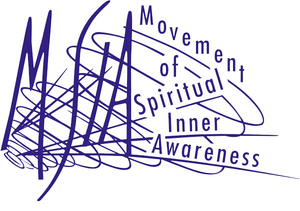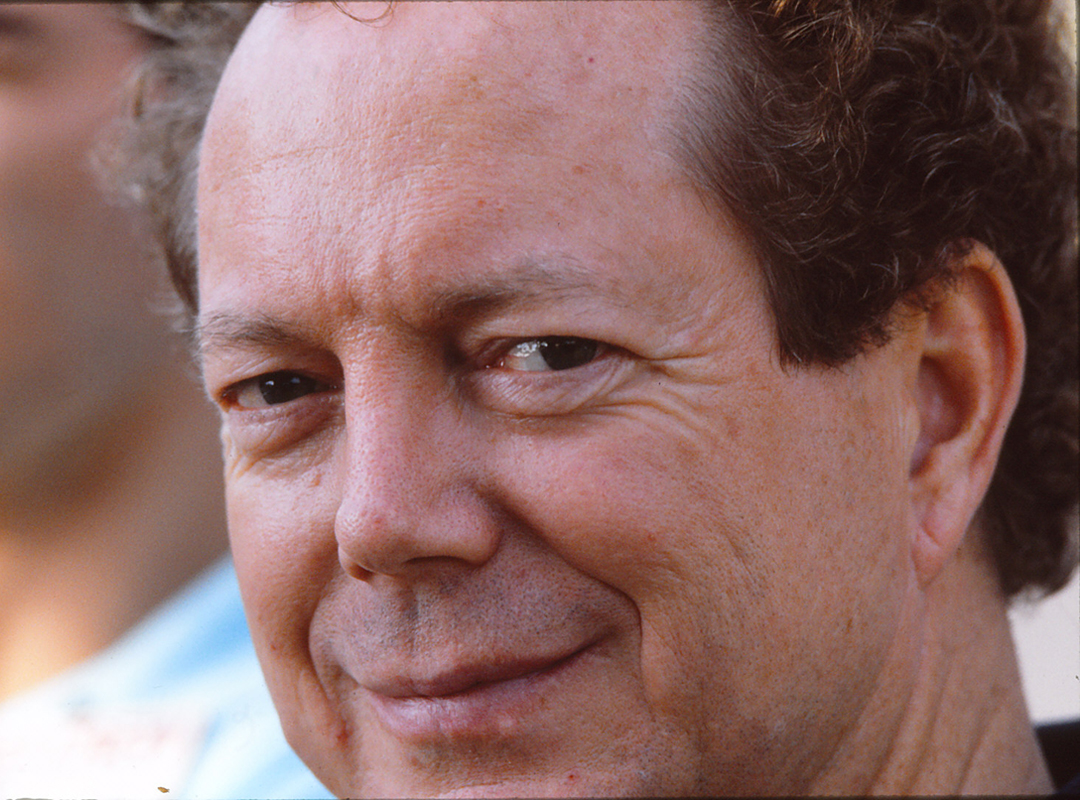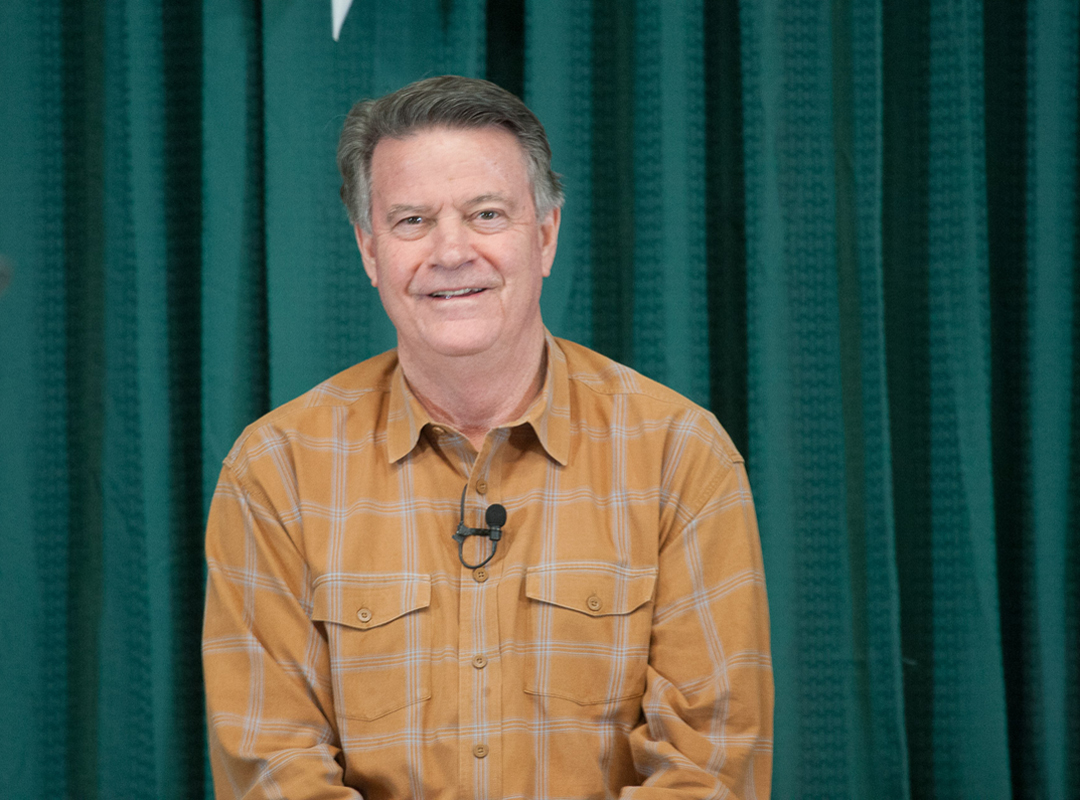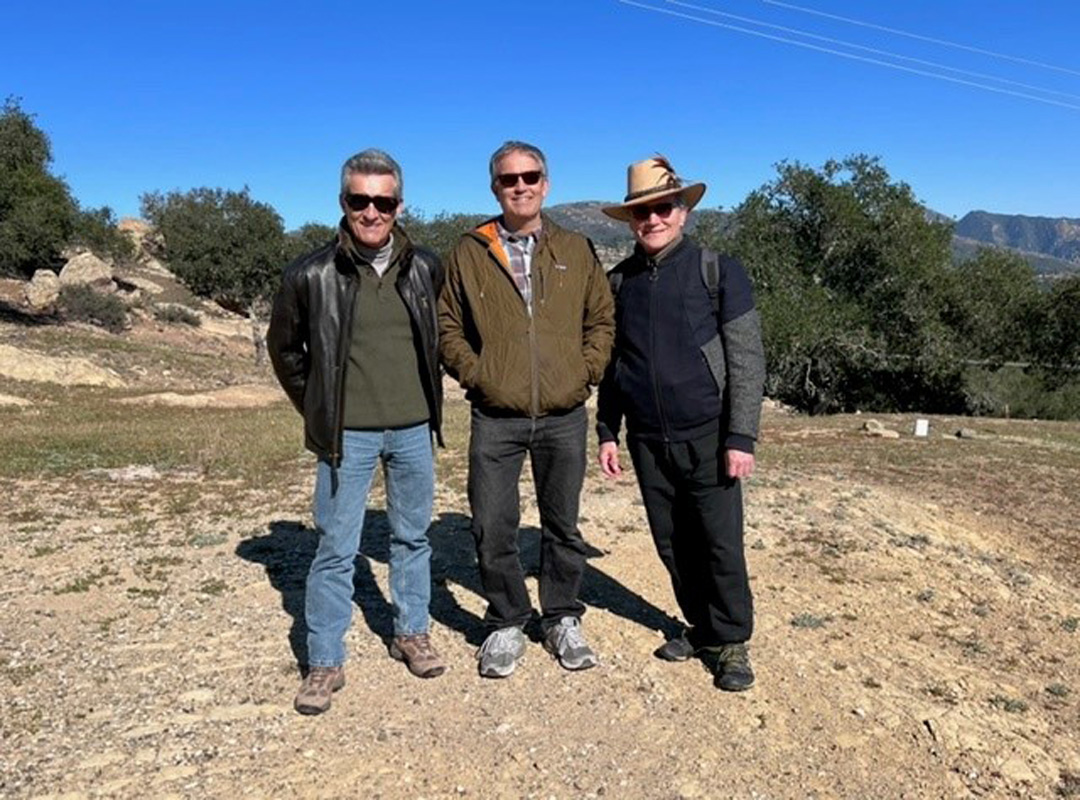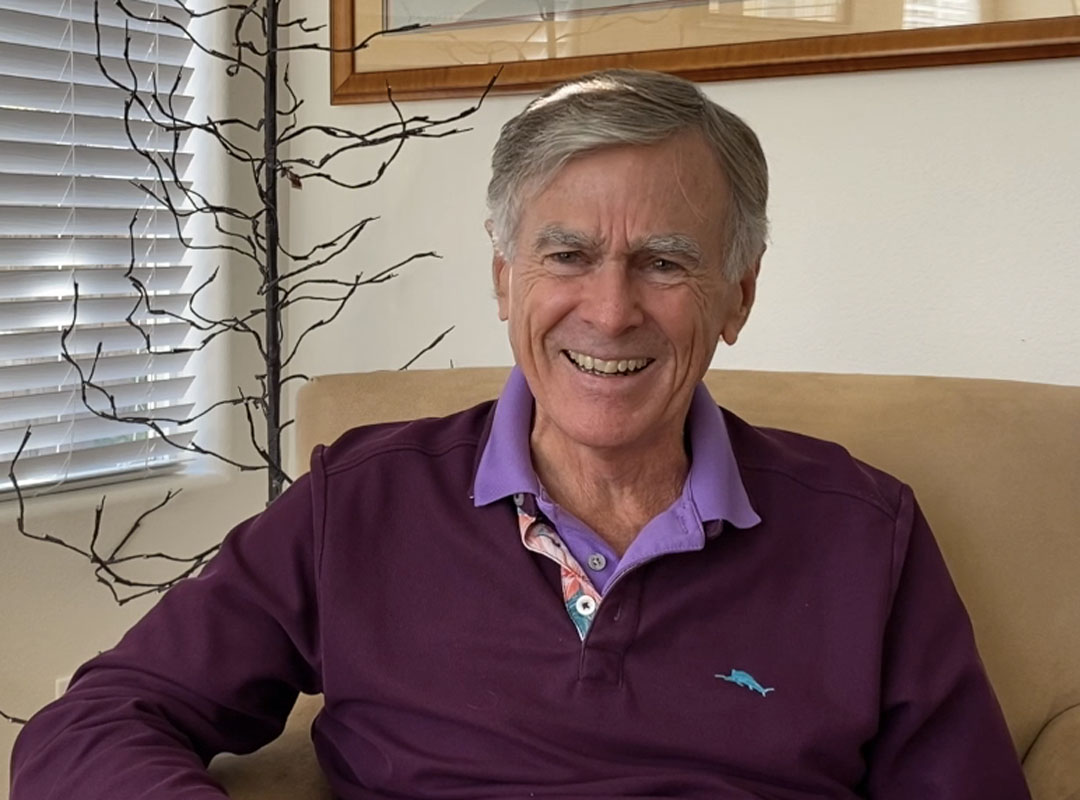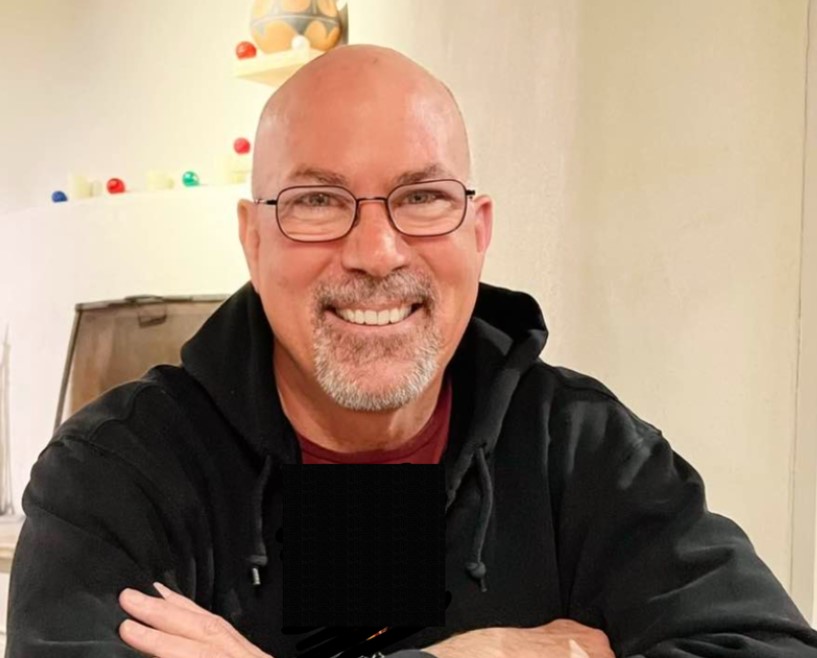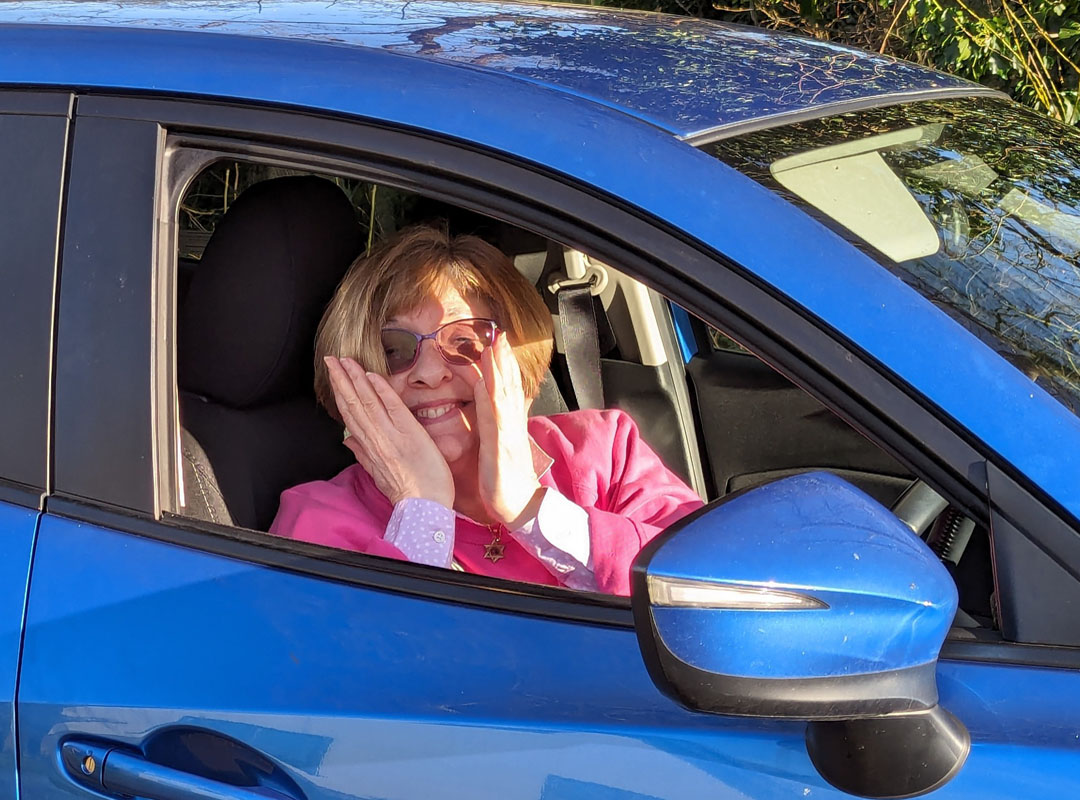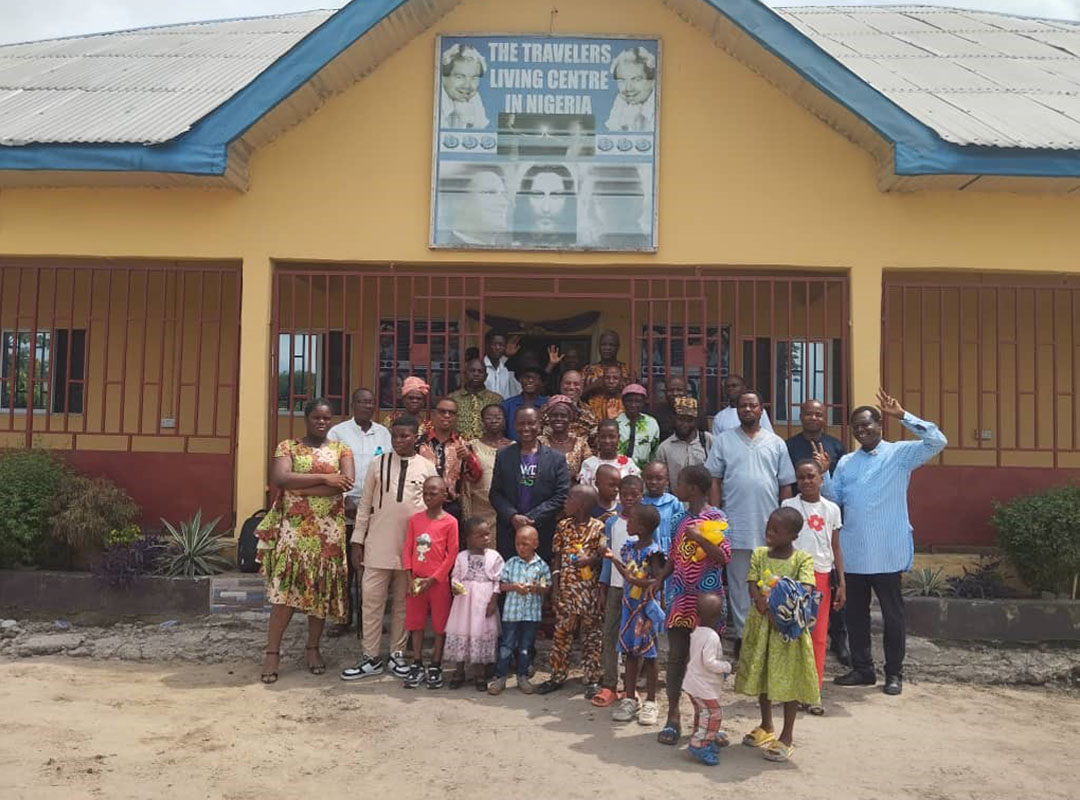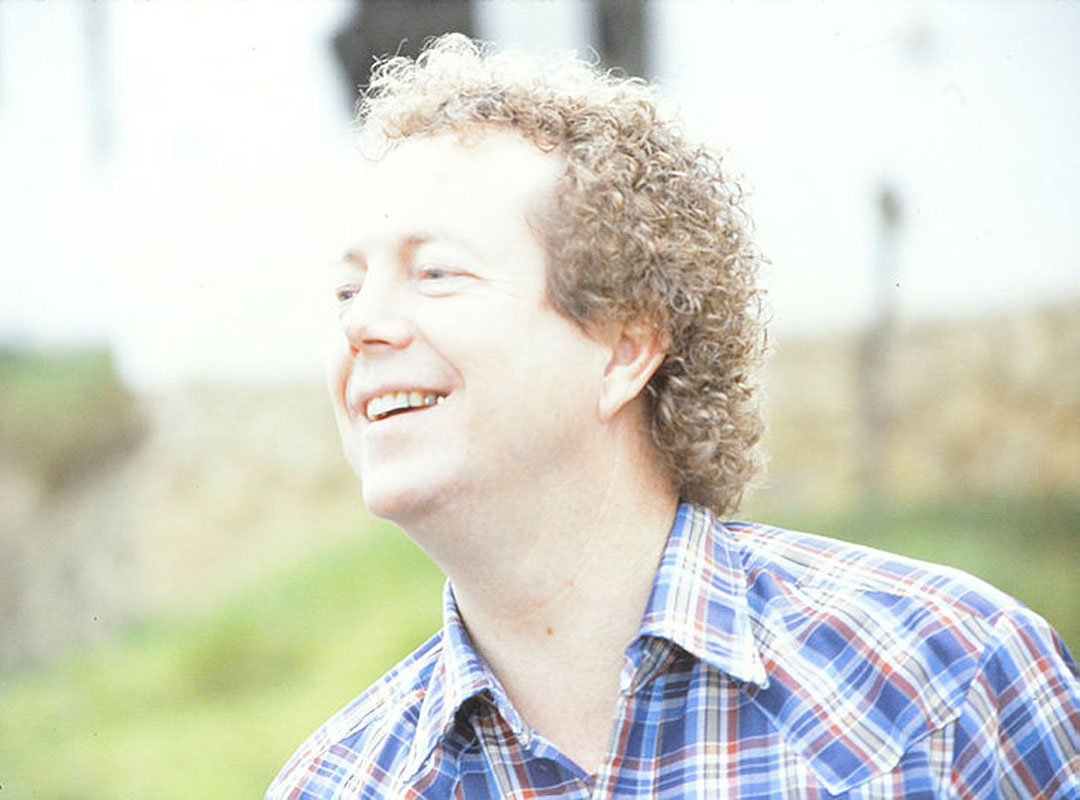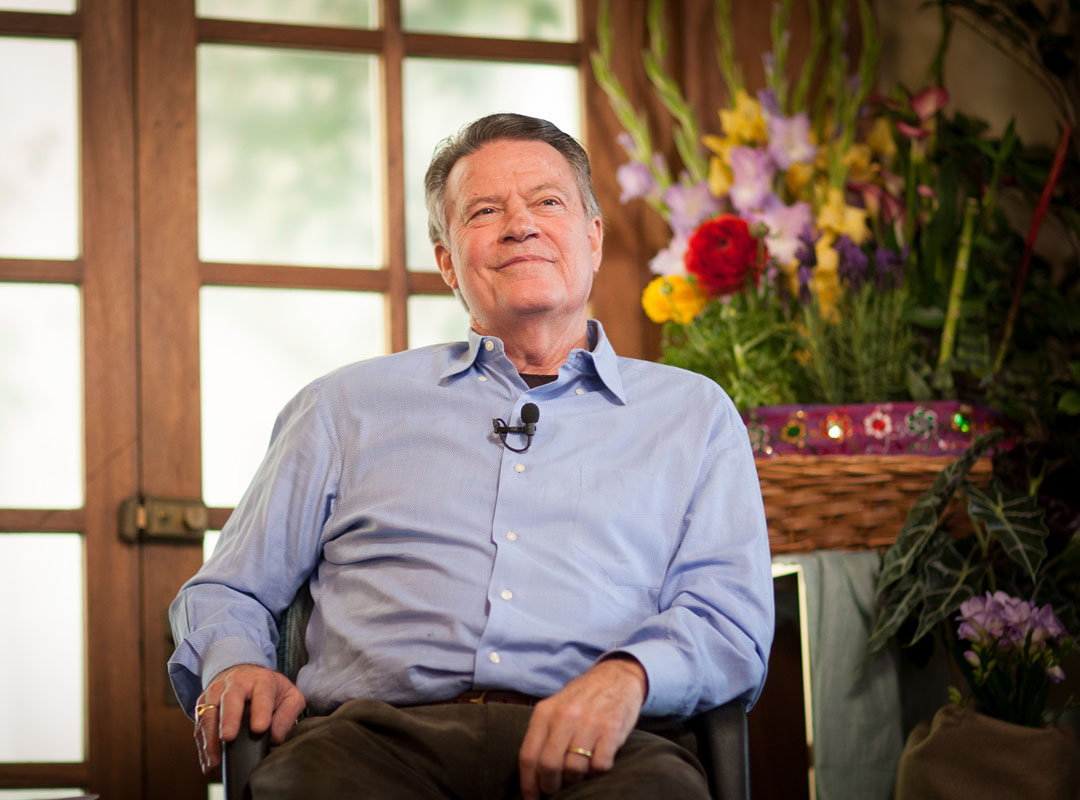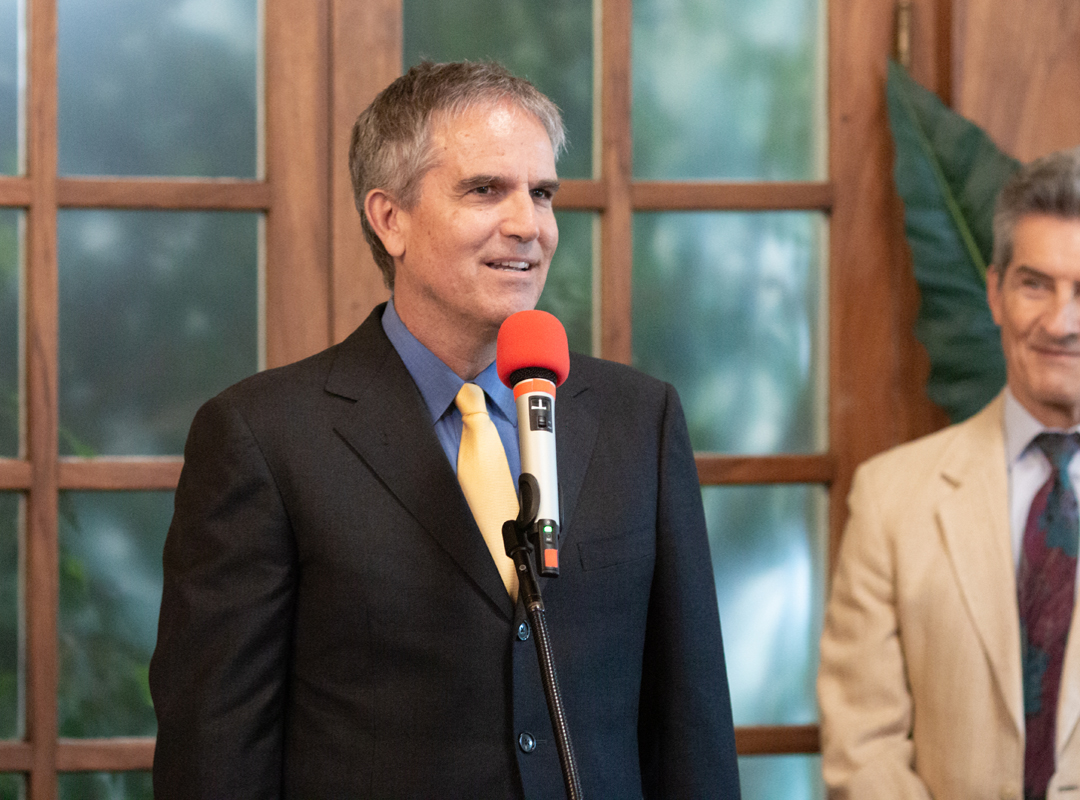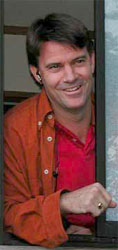 Further Observations from Pakistan and Afghanistan
Further Observations from Pakistan and Afghanistan
By John Morton
I originally wrote this New Day Herald article in between flights in a lounge with an Internet accessible computer in the Dubai airport. I was past the leading edge of my technological experience and, thus, that version of the article has apparently found a just place in the ethers. Deborah Martinez has requested that I re-write the article. I recall that I didn’t like the re-writing exercise during my earlier school years but I know it is a valuable way to clarify what is intended to be expressed. And so I shall.
Having re-emerged into the familiar customs and comforts commonly referred to as the western world, I have a sense that indeed I have been to distant lands with strange appearances and ways of living. Yet I know that the value in any set of circumstances transcends the particular challenges or pleasantries that are encountered. And so I have been deeply enriched by what I have seen, felt, considered and especially by those whom we have met who are deeply committed to serve their people and, even more so, their guests.
I came to understand many things that my own customs, conditioning and preferences would not allow me to see. For example, there is a common custom in this part of the world to receive a guest, even a stranger, warmly and generously. Due to the harshness of the climate and the difficulties of a journey, a traveler from another remote land is especially appreciated and treated as one of the family. I was not only repeatedly told about this custom by various locals but we were shown it in action over and over. It was explained that this is why it is so difficult for the local Pushtun culture, which has occupied both sides of the Afghan/Pakistan border for centuries, to reject Osama bin Laden and the foreign Taliban fighters. They are their guests. A household and family would defend their guests as they would their own, even with their blood.
As I began my solo return to the U.S. from the Pakistani Islamic Medical Association’s station in Chaman (right on the border, where David Morton, Holly Engelman and I have been staying in very simple circumstances in order to do the Wheels for Humanity work where it is most needed with the refugees and recovering population of a war devastated Afghanistan), I was looking forward to my gradual descent or ascent, depending on your point of view, into the comfort of the Karachi Sheraton hotel to overnight before my flights onward. But upon my arrival, just as I made contact with the Sheraton representative who would provide complimentary shuttle, a local Karachi PIMA doctor, Dr. Saiyed Ehsanullah, called out to me. He was there to receive me as his guest and insisted that I come to his home for tea, a leftover imperial British tradition. And while he acknowledged that I would be perfectly comfortable at the Sheraton, which he would accommodate at my request, he insisted that I would be even more comfortable and served by staying in his family’s home.
Upon arrival to his lovely home in a quaint upscale neighborhood of Karachi, I was shown his most precious possession, his garden, complete with Koi ponds, a waterfall, and a veritable and multiple award-winning horticultural display including hundreds of cactus plants, mostly from North America. Previously, I have described Dr. Freddie (a nickname he was given during his 13 years of medical training and practice in London and a reference to his enjoyment of the 60’s musical group Freddie and the Dreamers) as a cross between Mahatma Gandhi and Henny Youngman. I would now add Luther Burbank to that cross of persons who make up Dr. Ehsan (he often retorted during my stay, “Have no fear, Ehsan is here”) who is constantly brimming with humor, anecdotes, and editorial and philosophical discourse.
Inside his home, clean, spacious and well decorated yet not huge or lavish by American standards, I found that I would be staying in a large bedroom with full bath usually occupied by two of the sons of his seven children. If the large world map mural on one wall wasn’t the clincher, then the office complete with several computer work stations was. I would spend the night.
I soon met several of his children who immediately were engaging me in lively discourse on my impressions of: Pakistan, Afghanistan, what I would tell people upon my return to the U.S., local cuisine, the human genome, cloning, bio-engineering, the Internet, cricket, golf, American basketball, and so on. Later I was treated to several local dishes mostly prepared without onion and garlic, especially for my dietary requirements, and which included: oriental foods that are fried such as vegetable rolls; a delicious pickled something that served as a relish; beef curry; what I would call hash browned potatoes; rice; falafel bread; chicken; yoghurt; and a local variety of fruits including mango, banana, non-polished oranges that are very sweet and easy to peel and other oranges of a tropical variety that I was not familiar with eating in the U.S.
At one point, I saw a photo of an elegant looking older gentleman and confirmed that this was Saiyed’s father. Saiyed is a hematologist with 13 local blood laboratories that he personally has established. He said from the beginning he has upheld his commitment to never refuse a patient because they could not afford to pay for the services and treatments. And yet, he was still attempting to live up to the examples his father had set during his lifetime.
His father, who had died a few years earlier at the age of 88, also was a medical doctor who originally lived in India very near to the border of what became East Pakistan after India gained its independence from British rule. This was an especially impoverished part of India with a mixture of ethnic, caste, and religious populations. In his medical practice, Saiyed’s father was willing to cross the prejudicial and bigoted conditions in the culture of his family background, to treat the various local people regardless of who they were and their ability to pay for the service.
In this part of the world, debilitating and lethal diseases such as cholera, typhoid, diphtheria and malaria are prevalent, often simply due to environmental conditions that polluted water brings upon those who have no other readily available source that their economics would allow. Saiyed told of how his father realized that even simple measures could prevent disease and death. His father would travel to local villages to show people how putting vinegar into the water and their food would change the pH and become an antibiotic. And, salt could prevent bacterial decay and preserve food. Many times his administration of these simple remedies would break the fever and restore health while preventing disease from occurring. He showed people that putting a certain kind of inexpensive permanganate in the correct dose would sufficiently make polluted water potable.
His father’s medical practice was not very lucrative and yet he placed supreme importance on providing the best education available in the expensive private schools of the region. The costs at one point made it difficult just to get by. During this period Saiyed and his brother resolved to do something to help their family. The local newspaper was printed on just one side of the paper and often the leftover newspapers were trashed. They got permission to collect the leftover newspapers, and with other simple materials, hand cut and sewed the newspapers into notebooks that were needed at their elite school. On the day Saiyed came to school with his handmade notebook the instructor of his class loudly ridiculed Saiyed and rejected the notebook. Additionally, he sent Saiyed to the headmaster to be disciplined. When the headmaster was told of the reason that Saiyed and his brother handmade their own notebooks, he escorted Saiyed back to his class. The headmaster then told the class that Saiyed was welcome to use his own notebook and loudly disciplined the instructor in front of the class.
Later the headmaster informed Saiyed and his brother that they would be offered a full scholarship to complete their studies at the school. When they proudly brought the formal letter offering the scholarships home to their father he carefully and pensively read the letter. And then he handed it back to the brothers stating that nothing truly valuable in life was obtained for free. Their father informed them that he would find a way to continue to pay the tuition in full. And so he did.
East Pakistan underwent further political change and became Bangladesh. Being Moslems, Saiyed’s father decided that the family should move to Pakistan, the former Islamic part of India. On the day the family left for Pakistan via train, some 20,000 people came to the station to pay their respects and to demonstrate their collective wish for the elder Dr. Ehsanullah to remain with them, Saiyed said. Most of them were crying.
Karachi was also very poor and many Moslem refugees from Bangladesh and India were coming there to settle. The elder Dr. Ehsanullah somehow found a way to have a large undeveloped area of Karachi dedicated by the local government for settlement of the refugees. And so, some 30,000 families comprising about 300,000 people re-settled in the area. Saiyed told me that today there are about one million people living in that area.
Saiyed also told me of one of the domestic workers that serves his family’s home. The man came to him and told him that his family was having a very difficult time financially and that even though his young teenage son was willing to work, he could not find work to help the family. He asked Saiyed to help. He took the man’s son to the owner of the shop that maintained and repaired his car. The owner of the shop also was a patient who had benefited from his care. He told the shop owner that he wanted him to put the boy to work. If after a week he found the boy’s work valuable, then pay the boy. If the boy’s work was not valuable, then slap him. The boy worked out, and Saiyed’s domestic worker would regularly kiss his hand and profusely thank him.
Several years later a young, strong man came up to Saiyed and asked him, “Do you know who I am?” Saiyed did not recognize him. The young man introduced himself as the boy whom he had brought to the auto shop. He told Saiyed that he wanted to personally thank him, for he now owned his own Shop with 20 employees and his father’s family had also prospered much from his success.
Saiyed told me several times during my stay that his values were not very materialistic. His plants were his passion. Helping others was his passion. I heard from several of the doctors I met that Saiyed’s clinics are considered among the most respected, and other doctors and clinics often refer their most difficult cases and patients who cannot afford treatment because they know that no one is refused. I was told by other PIMA doctors that as a diagnostician using blood samples, Saiyed is legendary. Many of the brightest medical students come to him to directly learn under his direction and methodology. Many have become very professional as well as loyal and dedicated, wanting to continue working directly for him at his labs. But Saiyed said that he has realized that, like young chicks who grow their wings, he must kick them out of his nest so that they can go serve where they are most needed.
Amongst all the delight and majesty about this man one characteristic stands out the most. He told me that his greatest desire is that when he goes to the hereafter, that Allah, His Prophet, and Saiyed’s father will look upon the talents and means that were given to him during his life in this world and respond, “You have served well”.
May we all have such a response upon our passing from this world to the hereafter.
And speaking of the hereafter, let me tell you one of many, many humorous stories from Dr. Freddie. A man took a woman out on a date. After a nice dinner he drove her to the local lover’s lane and parked the car. He turned to her and asked, “Do you believe in the hereafter?” She responded, “I’m not sure”. He told her, “Well you better believe in the hereafter because if you don’t give me what I’m here after, you’re going to go to the hereafter, soon after”.
Click here to watch a Moment of Peace with John Morton in Afghanistan
Click here to read Holly & David’s report from Karachi on January 29
Click here to read Holly & David’s report from Kandahar on January 28
Click here to read Holly & David’s report from Pakistan on January 26



